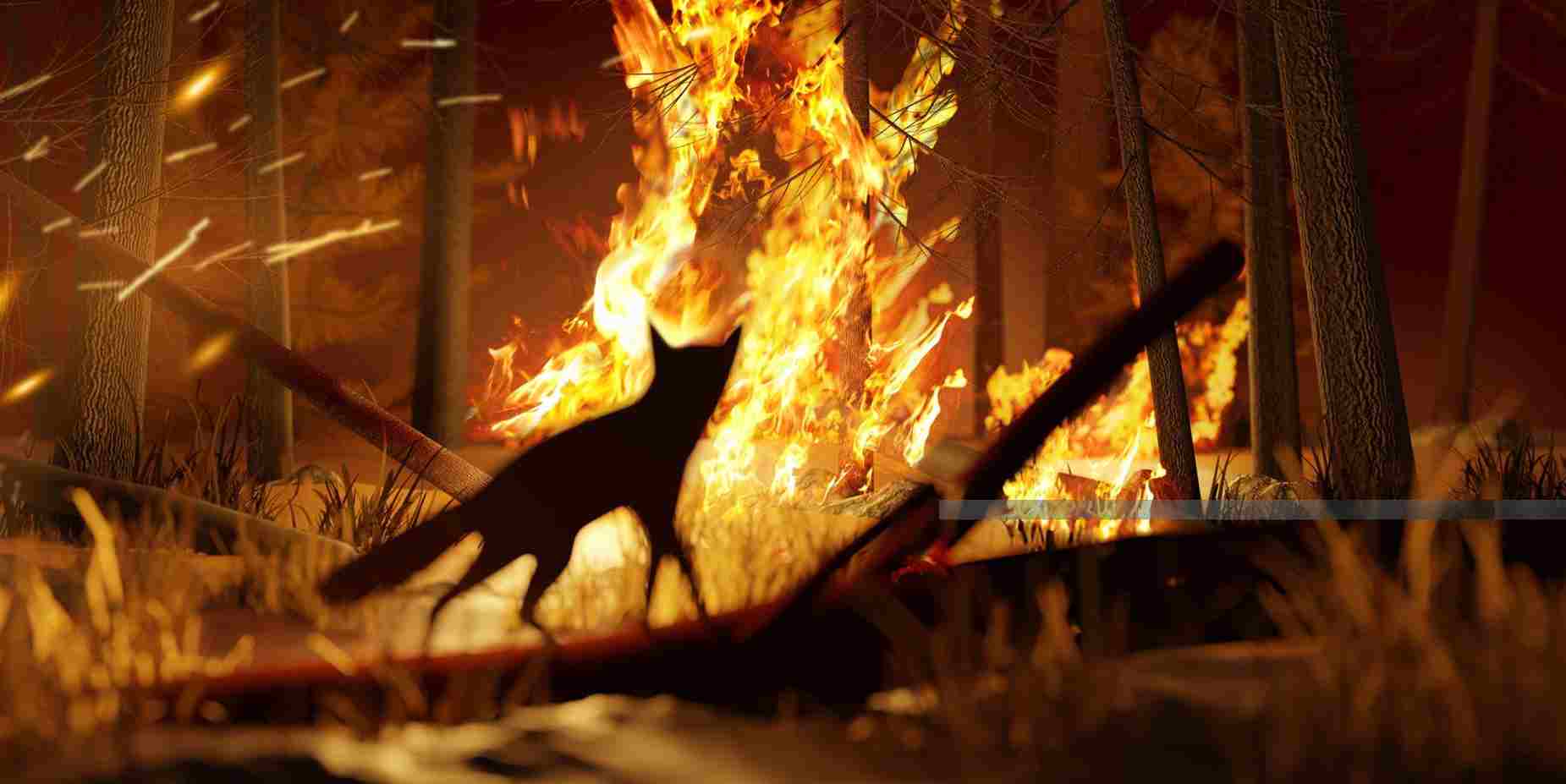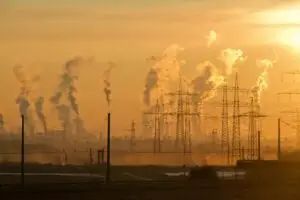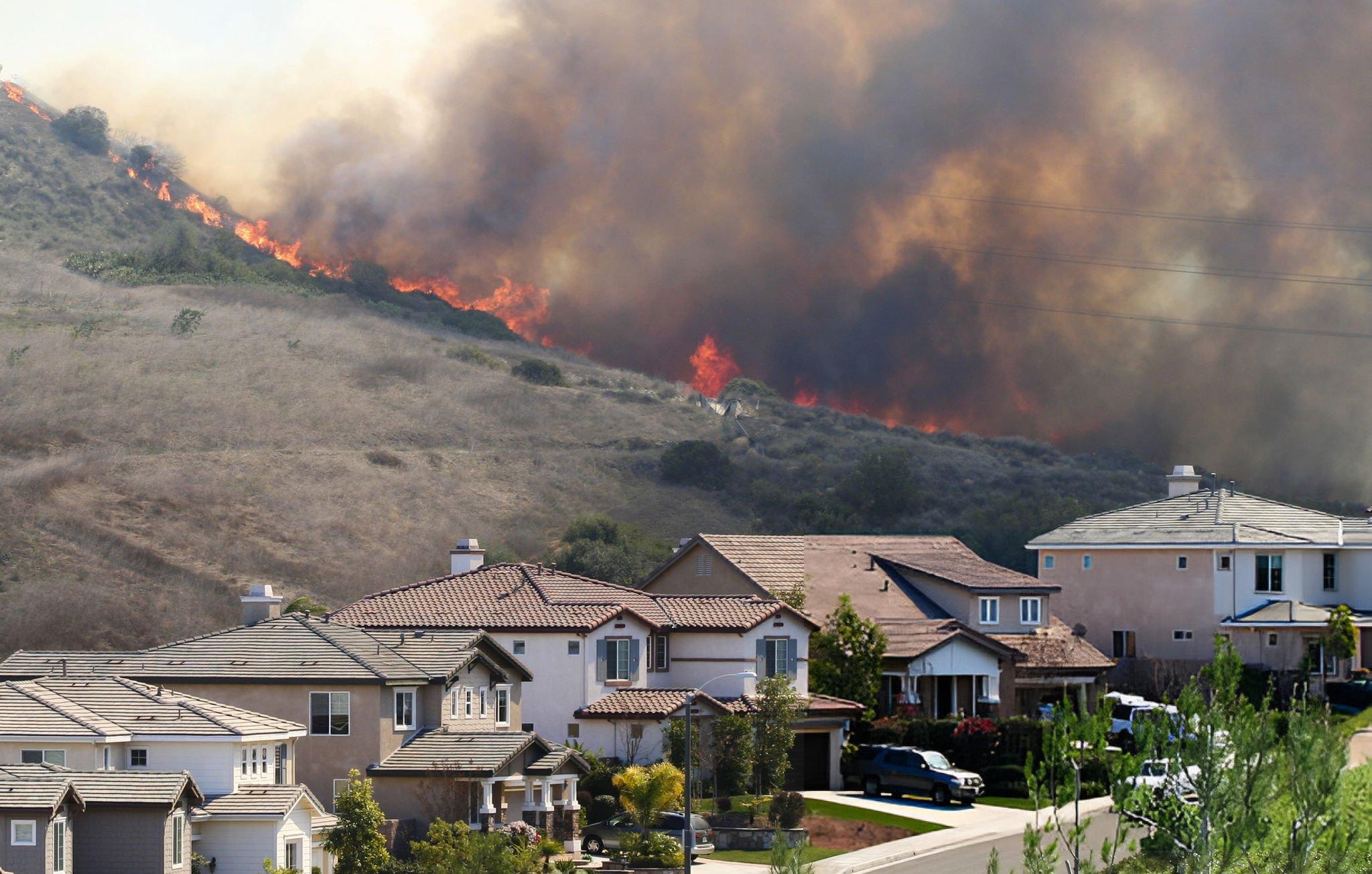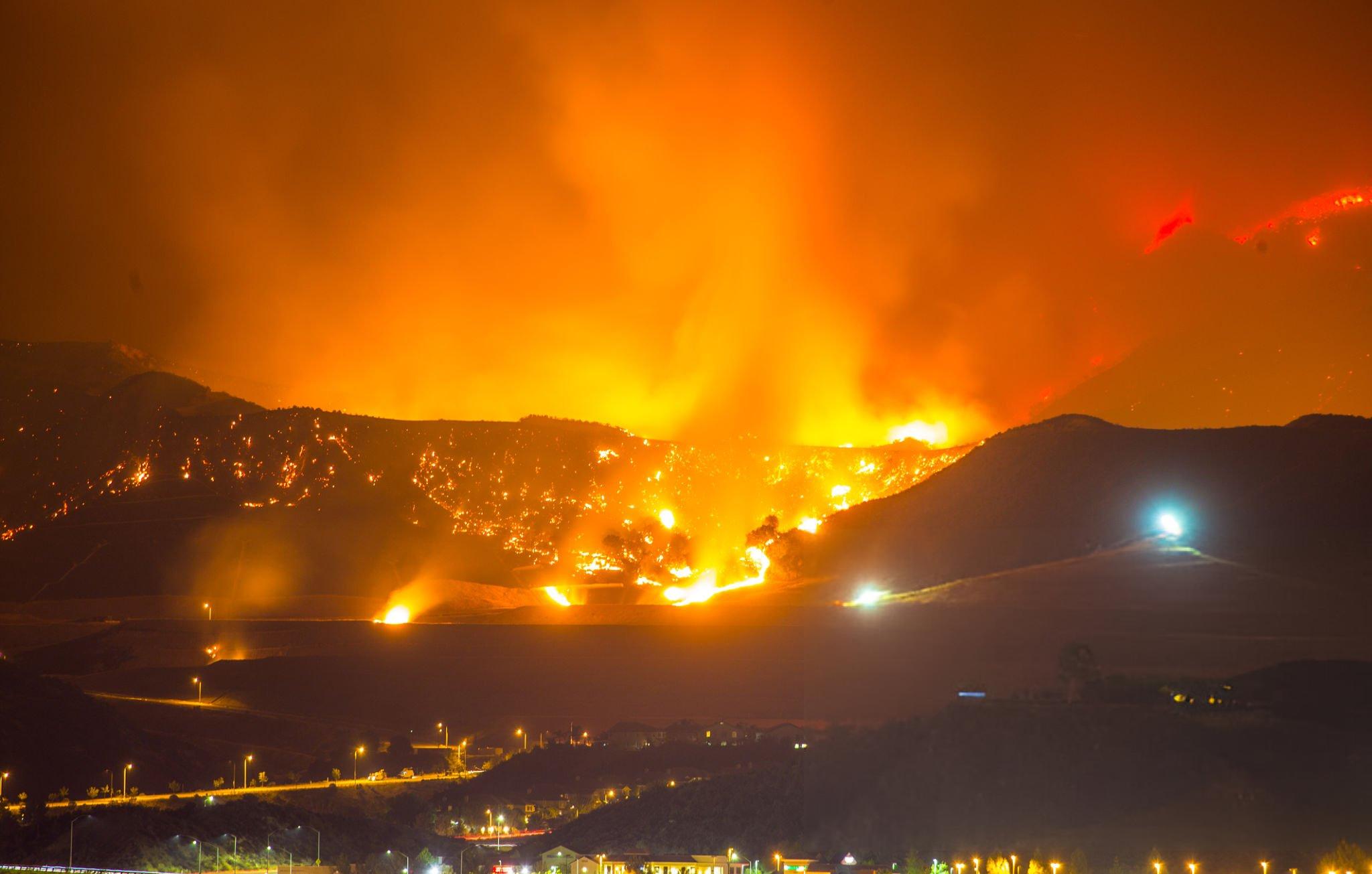Understanding Global Warming and Its Impact: What You Need to Know

Table of Contents
To better understand the reality that global warming poses to our planet, we need to simplify the issue and base our facts in the natural sciences. My dearest champion of Mother Nature, I, as a worried individual, pay attention to the global environmental concerns and constructively approach the study of species extinction. The passage you will read is a broad overview of the concept of global warming, and through it, you can get a good idea of the relationship between climate change and global warming, their impacts on our planet and its inhabitants.
What is Global Warming?

Global warming is a phenomenon that refers to the long-term rise in the average temperature of the Earth’s surface. This is multispectral cause of phenomenon that is mostly caused of the human activities that are venting out the greenhouse gases into the atmosphere. Greenhouse, which gases, are gases such as carbon dioxide, methane, and water vapor that trap heat from the sun, thus warming of the earth gradually becomes the result.
Apart from the fact that the temperature rise is more unpredictable at the poles, the warming trend also affects the environment in a number of ways. Combined with the devastating effects of other climate changes, these effects do not bode well for the environment.
Global Warming vs Climate Change: What’s the Difference?
Oftentimes the terms global warming and climate change are used interchangeably, although in reality they are not the same. I do think that it is very important to be able to discern the difference between these two terms:
Global Warming: This, as its name suggests, is the long-term increase in the average temperatures of the Earth’s surface.
Climate Change: This is a broad term that encompasses the diversity of changes in Earth’s climate systems over time, including changes in precipitation patterns, wind patterns, and extreme weather events.
Simply put, global warming is just one part of the story of climate change. The warming of the earth leads many other changes in our climate systems, which altogether we call climate change. Realizing how all these factors interact allows us to perceive the actual extent of environmental problems.
Benefits of Global Warming
Even though the adverse effects of global warming have remained a central topic, there are certain regions that might profit in the short run. However, I want to make it clear that these are but small-scale benefits in comparison to the overall negative impact. Among them are:
- Longer growing seasons in some regions, probably more agricultural production will be made
- Lower heating costs in colder regions
- Formation of new shipping routes in the Arctic as ice melts in the sea
The point, however, is that these gains are temporary and come at a very high cost to the general health of ecosystems and overall climate stability.
Effects of Global Warming

Environmental changes and biodiversity loss caused by global warming cover a large area and affect various ecosystems, from marine to terrestrial. As one who has deeply studied the subject, I strongly believe in these conclusions:
- Rising sea levels: The polar ice caps and the glaciers, which are the much ice in the global climate, are melting leading to the increase of the sea’s level which put the coastal areas and islands in the threat of being underwater.
- Extreme weather events: There is an obvious intensification of hurricanes, heatwaves, droughts, and floods.
- Changes in precipitation patterns: Places with a low average of water availability are becoming more arid, while places with high precipitation are getting even more precipitation.
- Ocean acidification: The more carbon dioxide enters the oceans, the more they become acidic and thus create a danger to marine life.
- Shifts in ecosystems: The temperature rising is shifting plant and animal habitats and is one of the many factors causing the shift in species distribution and potential extinctions.
Significantly, they have effects on human societies, economies, and natural world too.
How Does Global Warming Affect Animals?

As someone who has an affinity for animals, I tend to be more apprehensive toward global warming on wildlife. Many species are not able to keep pace with the rapidly changing environment and are facing a precipitous decline in numbers. Some of the means by which climate change affects animals are:
- Habitat loss: Affected by the rising and falling of temperatures, some animals find that their former shelter is no longer suitable for their survival.
- Changes in migration patterns: The timing of seasonal changes is one of the factors that are affected by global warming thus changing the migration pattern of the animals.
- Food chain die-downs: Changes in plant growth and insect populations may have indirect ecological repercussions through food webs.
- Reduced biodiversity: Though some species will be allowed to evolve new traits with which to adapt, others may experience extinction due to these swift changing conditions.
For example, polar bears are losing their sea ice hunting grounds, while coral reefs are dying due to rising ocean temperatures and acidification. In this way, climate change provides a breeding ground for the urgent need to alter the ways of protecting biodiversity of the planet at a global level.
How Can You Stop Global Warming?
Despite the enormity and the seemingly unattainability of the global warming issue, there are many individual and community-based measures that can be taken. Through my knowledge, my research and experience of the subjects, I advise the following steps:
- Decrease the usage of energy: Energy-saving appliances, switching off the lights when not in use, and better insulating the home will reduce the consumption of energy to a great extent.
- Select renewable energy sources: You should also think about having solar panels on your house or using a green energy provider instead.
- The use of sustainable transportation: Walking, using vehicle mounts, and other means of transportation, and purchase electric automobiles whenever possible are the only way forward
- Eat plant-based foods in all your meals: The cutting down of meat consumption can lead to a significant reduction in the carbon footprint of a person.
- Trim, reuse, and recirculate: Waste minimization and the promotion of the circular economy.
- Back climate-friendly butterfly responsible policies: Campaign for politicians who push for eco-friendly policies and embrace these policies as global citizens.
- Teach others: Use your knowledge as a tool to stimulate others into being actively engaged in the green issues of our time.
Remember, every small act contributes to the war against global warming.
Global Warming and Sea Level Rise

Among the heavy consequences of global warming is sea-level rise. Having seen at first hand the enormity of its impact on coastal communities, I can assure the reader that it is a real and affective issue. The elevation of sea level is due to the warmness of the water that causes the water level to rise along with the ice melting.
- Temperature expansion: The ocean water also takes on this growth character as the warmer the water the more it takes up more space in the oceans.
- Melting ice: This is the effect of melting glaciers and ice sheets that add more water to the ocean.
- The consequences of sea-level rise entail:
- Coastal erosion and floodings
- The penetration of seawater into freshwater systems
- The shedding of coastal communities
- Infrastructural and ecological damage
A number of small, low-lying countries, and coastal cities are feeling the impact of tide swell and telling us that we need to cut both the causes and the results down.
Conclusion
Global warming is a serious and multifaceted threat that every living being, including human beings, should be awfully worried about. The understanding of it, its causes, and its potential resolutions is our guarantee of being fully equipped for the challenge. However, as I have come to realize through my studies and experiences, the power of each individual to make a difference is the source of inspiration.
FAQ
What is global warming?
Global warming is the worldwide lasting climb in the standard temperature of the Earth’s surface, mostly caused by emissions of the greenhouse gases that human activities produce into the atmosphere.
What’s the difference between global warming and climate change?
Global warming refers specifically to the rise in the average temperature of the earth, whereas climate change is a larger area that involves all sorts of long-term changes in the Earth’s climate systems, temperatures, precipitation, and extreme weather events.
How does global warming affect animals?
Global warming has a direct impact on animals because of habitat reduction, changes in migration, oscillations in the food chain, and the potential extinction of species to rapidly changing phenomena of the environment.
What causes global warming?
Global warming could lead to less biodiversity by manner of habitat loss, ecosystem alteration, and the creation of conditions that some species might not adequately conform to and thus be at risk of taking their last breath on the planet.The leading cause of global warming is the increase of greenhouse gases, primarily carbon dioxide, due to human activities such as burning of fossil fuels, destruction of the forest, and industrial processes.




